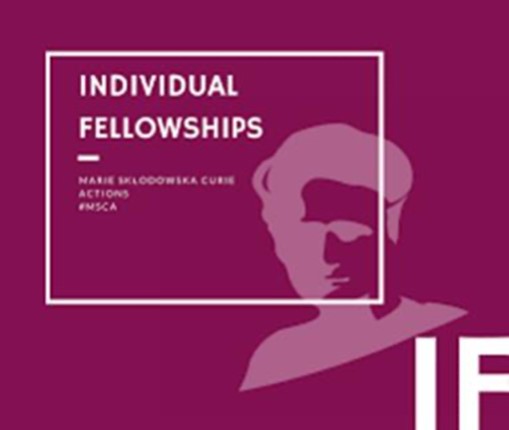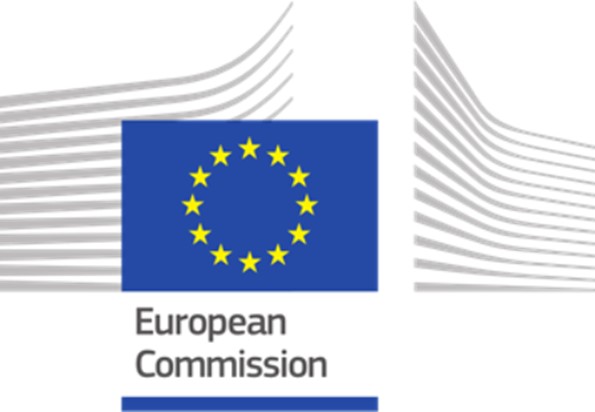Regional Mobility Infrastructures (REMOBILISE)
REMOBILISE is an interdisciplinary project funded by the Marie Skłodowska-Curie programme of the European Union. Employing a mixed-methods approach, it presents the first comprehensive, multi-site analysis of how mobility infrastructures shape free movement across West Africa – and with what consequences.

Recent decades have seen an increase in cross-border movement, with West Africa standing out as a particularly notable region for this trend. A deeper understanding of how mobility infrastructures shape the trajectories of labour migrants is essential, not only for ensuring their right to free movement as enshrined in ECOWAS law but also for advancing access to and the implementation of national and regional mobility frameworks. Furthermore, such understanding is crucial for rethinking and reforming the role of international actors in shaping the West African mobility regime, including its design and practical execution.
Free movement is widely recognised as a key driver of economic development, poverty reduction, and individual livelihood strategies. In 1979, the Economic Community of West African States (ECOWAS) established a regional free movement regime. However, significant disparities persist in terms of who can practically access this right. Existing research suggests that various legal, technological, and physical impediments contribute to unequal access to free movement, often influenced by factors such as nationality, gender, class, or ethnicity. The overarching objective of REMOBILISE is to empirically investigate how legal, technological, and physical mobility infrastructures shape free movement in West Africa and to analyse their broader consequences. The project unites Amalie Ravn Weinrich, who has conducted pioneering interdisciplinary research on West Africa’s citizenship regimes, and Professor Thomas Gammeltoft-Hansen, a leading expert in migration law and Director of the Centre of Excellence on Global Mobility Law (MOBILE) at the University of Copenhagen.
REMOBILISE draws on and contributes to scholarly debates in political science and law. In particular, it provides the first study that brings together legal studies, citizenship studies, mobility studies, and infrastructure studies to investigate dynamics of free movement in West Africa. The project’s overall aim is structured around three complementary research questions focused on Manifestations, Patterns, and Consequences of mobility infrastructures:
- Manifestations: What forms of legal, technological, and physical infrastructures exist to enable or constrain free movement in West Africa, and how have they changed over time?
- Patterns: How do legal, technological, and physical mobility infrastructures interoperate and shape free movement in West Africa?
- Consequences: What impact do West African mobility infrastructures have on access to free movement across e.g., nationality, gender, class, or ethnicity?
As part of the REMOBILISE project, Amalie Ravn Weinrich will attend a number of conferences, workshops, seminars, and fieldwork stays.
Conference participations
- Politics of the body at the crossroads, LSA Annual Meeting, held in Chicago, US, 22-25 May, 2025.
- Changing ID Systems in West Africa: Policies, Practices and Contestations in the Reshaping of States and Citizens, co-convened by the collaborating partners within the CERTIZENS Project, the Institute of African Studies, University of Ghana, and the Centre of African Studies, University of Copenhagen, held in Accra, Ghana, 7-9 April, 2025.
- Governing (African) borders, security and migration: challenges and opportunities, co-organised by the European University Institute and the University of Ghana, held in Accra, Ghana, 14-15 October, 2024.
Fieldwork
- Qualitative field research (semi-structured interviews, focus groups, field observations) conducted in Accra, Ghana, 14-21 October, 2025.
- Qualitative field research (semi-structured interviews, focus groups, field observations) conducted in Elubo, Ghana, 1-5 April, 2025.
- Qualitative field research (semi-structured interviews, focus groups, field observations) conducted in Aflao, Akanu, and Accra, Ghana, 1-13 February, 2025.
- Qualitative field research (semi-structured interviews, focus groups, field observations) conducted in Accra, Ghana, 4-16 October, 2024.
- Weinrich, A. R. 2025. Comparing regional membership: people-centric citizenship norms in ECOWAS and ASEAN. Citizenship Studies 29 (3–4): 268–285
- Weinrich, A. R. 2024. Free Movement for Whom? Gendered Dynamics in the Access to Mobility Infrastructures in West Africa. German Law Journal 25 (8): 1363-1381.
Researchers
Internal researchers
| Name | Title | |
|---|---|---|
| Gammeltoft-Hansen, Thomas | Professor |
|
| Weinrich, Amalie Ravn | Marie Curie Fellow |
|
External researchers
| Name | Title | Image |
|---|---|---|
| Ansah, Harriet Asantewaa | Research consultant |  |
Funding
The REMOBILISE project is funded by the Marie Skłodowska-Curie programme of the European Union.


Project name in the application: Regional Mobility Infrastructures (REMOBILISE).
EU project no. 101154869.
The project period runs from 1st of September 2024 until 31st of August 2026.
Contact
 PI MSCA Fellow at MOBILE
PI MSCA Fellow at MOBILE
Amalie Ravn Weinrich
South Campus,
DK-2300 Copenhagen S
Phone: +45 35 32 22 47
E-mail: amalie.weinrich@jur.ku.dk
Bluesky: @amalierw.bsky.social
